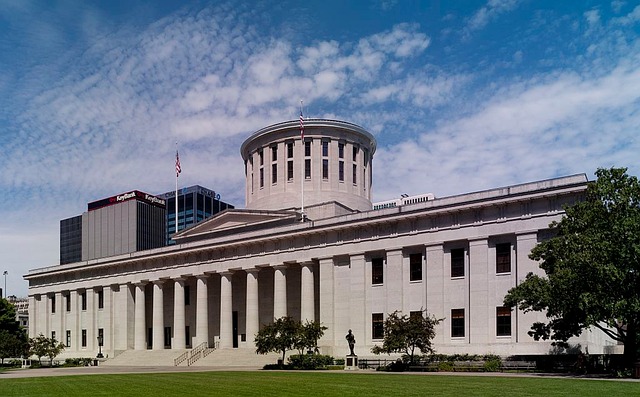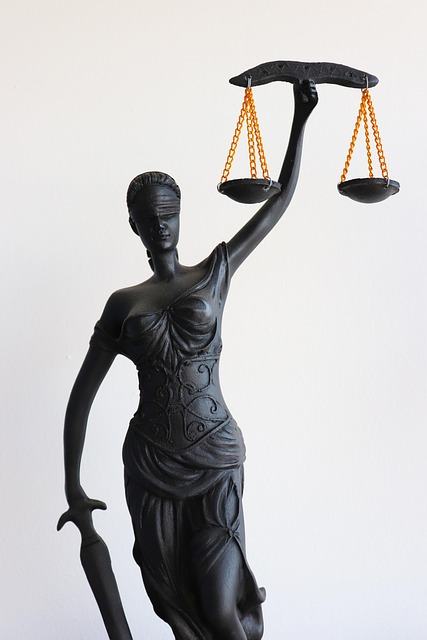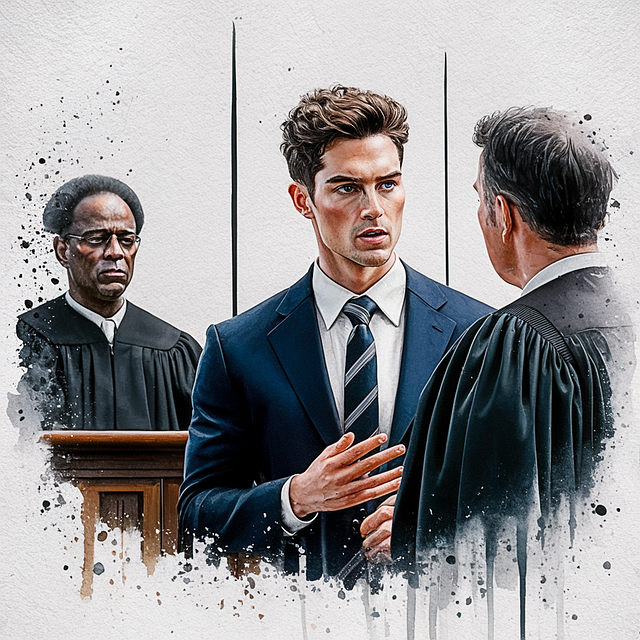Consumer Protection Laws are essential tools against unethical businesses, providing consumers and entities with legal protections and remedies through a process mirroring Steps in Criminal Procedure Litigation. This involves investigation, evidence collection, charges, pretrial activities, trial, and jury decisions. After filing a suit, consumers navigate complex legal steps, including consultations, discovery, and strategic planning, to achieve outcomes like monetary compensation or injunctive relief for harm caused by unethical practices, while setting precedents for future business conduct.
Consumer protection suits play a crucial role in safeguarding individuals from unfair business practices. This article delves into the intricate world of consumer rights, focusing on the legal framework and procedures that protect our interests. From understanding foundational laws to exploring the specific steps in criminal procedure litigation for consumer cases, we provide an insightful guide. Learn about the rights and remedies available to consumers, empowering them with knowledge to navigate these legal processes effectively.
- Understanding Consumer Protection Laws: The Foundation of Suits
- The Process: Steps in Criminal Procedure Litigation for Consumer Cases
- Rights and Remedies: What Consumers Can Expect After a Suit is Filed
Understanding Consumer Protection Laws: The Foundation of Suits

Consumer Protection Laws form the cornerstone upon which suits against unethical business practices are built. These laws are designed to safeguard individuals from harmful or deceptive acts in their daily transactions, ensuring fairness and transparency. Understanding these regulations is vital for both consumers and businesses alike, as it provides a framework for resolving disputes and holding accountable those who violate consumer rights. The foundation of any consumer protection suit lies in identifying which specific law applies to the case, given the diverse range of protections available.
The process often involves intricate steps akin to Criminal Procedure Litigation, with careful investigation, evidence gathering, and legal arguments. By navigating these procedures, individuals can seek remedies for damages caused by businesses’ misconduct, whether it’s through financial compensation or injunctive relief. This not only helps in achieving extraordinary results for the aggrieved party but also sends a message to respective business entities about the importance of adhering to philanthropic and political communities’ standards, fostering an ethical marketplace.
The Process: Steps in Criminal Procedure Litigation for Consumer Cases
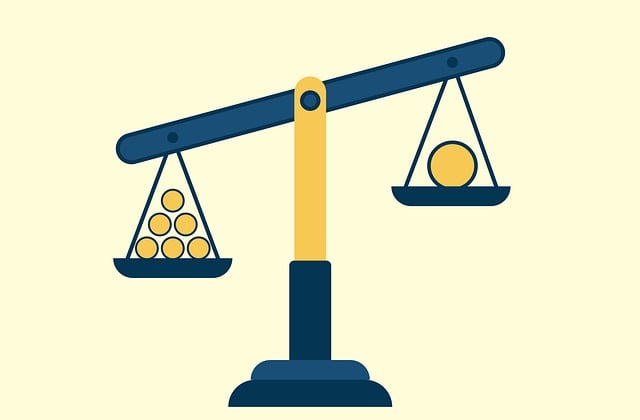
The process of consumer protection suits involves navigating a series of intricate steps within Criminal Procedure Litigation. Initially, law enforcement or regulatory agencies investigate potential violations, gathering evidence and conducting interviews. This phase is crucial for establishing a strong case against businesses accused of misleading practices. Once sufficient grounds are identified, charges are filed, marking the official initiation of criminal proceedings.
The subsequent stages include pretrial activities such as motion hearings, discovery processes, and potential plea negotiations. If the case proceeds to trial, it may involve complex legal arguments, witness testimonies, and the presentation of evidence. The unique aspect of consumer cases is the potential for jury trials, where a group of citizens decides on the defendant’s guilt or innocence based on the presented facts and their respective interpretations. An unprecedented track record of successful outcomes can be achieved through meticulous preparation and an in-depth understanding of both legal principles and the peculiarities of each case, ultimately ensuring justice for aggrieved consumers and setting precedents for future business practices.
Rights and Remedies: What Consumers Can Expect After a Suit is Filed
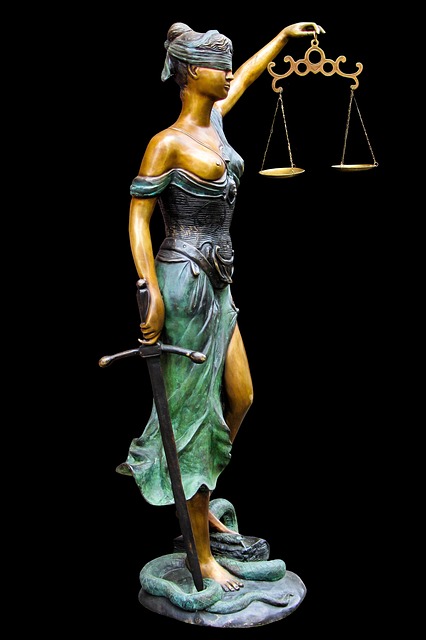
After a consumer protection suit is filed, consumers can expect a series of rights and remedies that are designed to protect their interests. This process often involves complex legal steps akin to those in criminal procedure litigation, ensuring a thorough and fair investigation. The first step typically includes an initial consultation where both parties present their cases; this is followed by discovery, where evidence and witness testimonies are gathered to build a comprehensive understanding of the case.
In high-stakes cases involving corporate and individual clients, achieving extraordinary results demands strategic planning and expert legal counsel. Whether it’s negotiating settlements or proceeding to trial, consumers have the right to be heard and to seek damages for any harm caused by unethical business practices. The outcome can range from monetary compensation to injunctive relief, ensuring that businesses adhere to consumer protection laws and providing a sense of security for future transactions.
Consumer protection suits play a vital role in ensuring businesses uphold ethical standards, safeguarding consumers’ rights, and offering remedies for violations. By understanding the intricacies of consumer protection laws, as outlined in this article—from the foundational knowledge to the specific steps in criminal procedure litigation and the eventual rights and remedies—consumers can actively protect themselves and hold businesses accountable. These suits serve as a crucial symphony of justice, revolutionizing the market and fostering an environment where integrity prevails.

